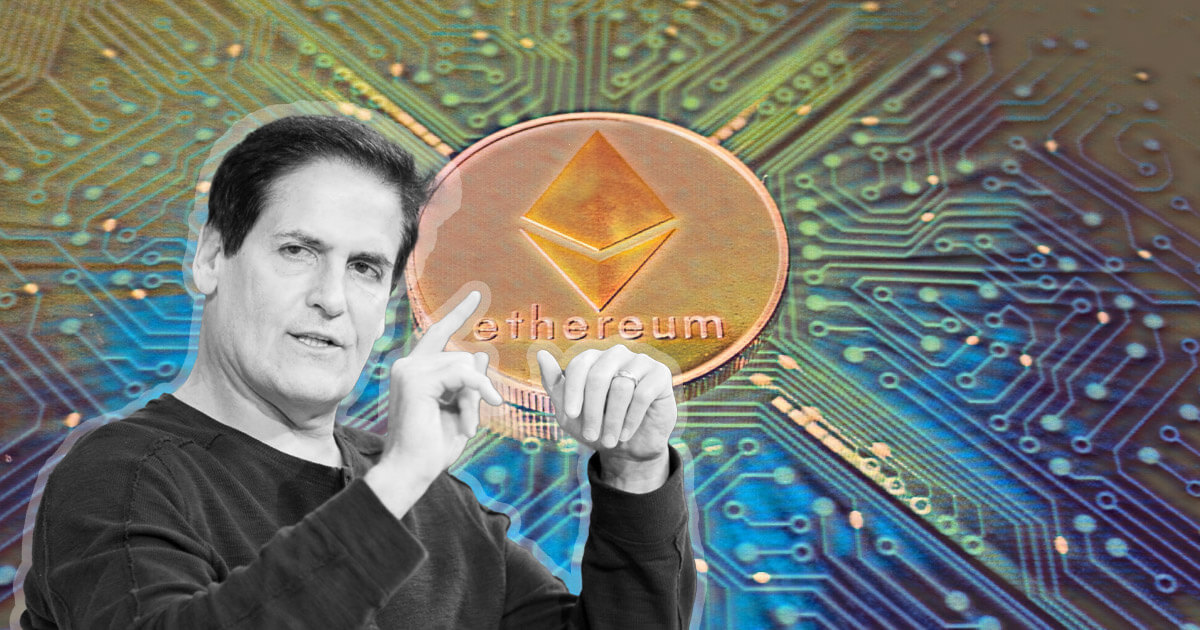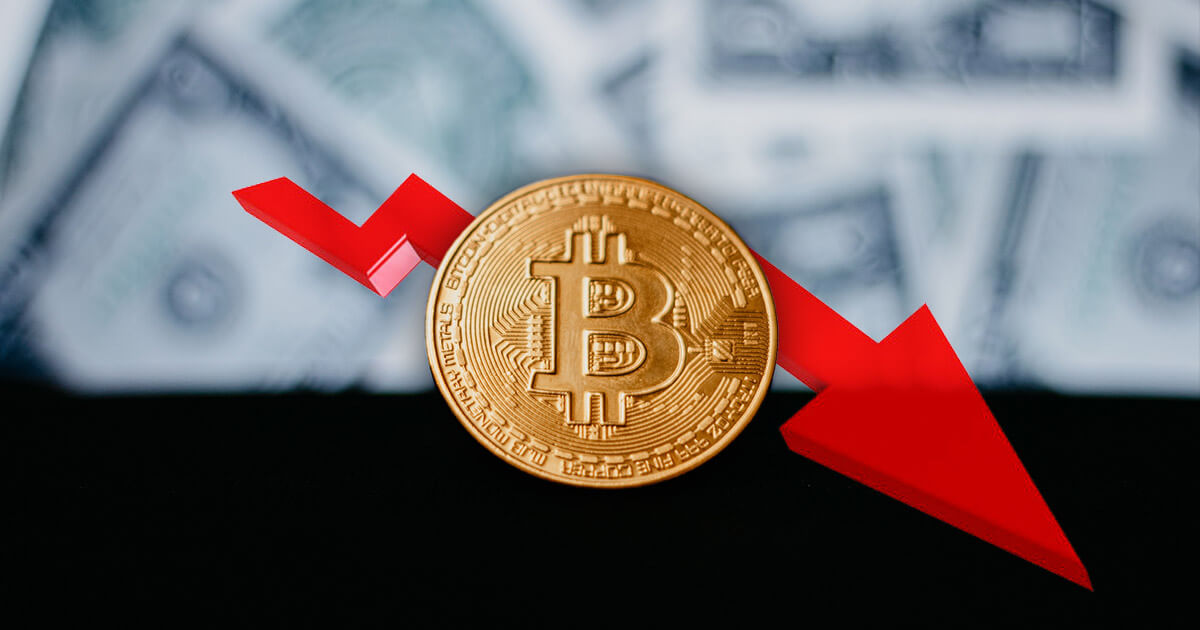Mark Cuban says Ethereum is a better store of value than Bitcoin. Speaking to host Laura Shin on her Unchained podcast, Cuban said Ethereum’s versatility made it a more attractive prospect in his eyes while, Bitcoin, other than as a store of value, offers little else, at least on layer 1.
“There’s significant differences between the two. Both of them are effectively platforms that enable a lot to happen. But Bitcoin right now has evolved to be primarily a store of value and it’s very difficult to use it for anything else,” Cuban said.
Versatility makes Ethereum the better store of value
Although Bitcoin is almost five times the market cap of Ethereum at present, that doesn’t necessarily mean Bitcoin is five times better. Some, Mark Cuban included, say Ethereum makes for the better choice between the two regardless of market cap size differences.
According to Cuban, the reason is because of Bitcoin’s inferior utility compared to Ethereum. He pointed out the fundamental difference comes down to smart contracts or lack of on the leading cryptocurrency:
“There’s just a lot more built in utility in its organic and native form. Just the ability to use smart contracts organically and natively is a significance difference right now.”
Rather controversially, Cuban believes this makes Ethereum the better option as a store of value. Justifying this statement, Cuban referred to Ethereum Improvement Proposal (EIP) 1559, as well as ETH 2.0, as reasons for investors to buy Ether over Bitcoin at this time.
“With 1559 everything changes and what happens going forward is really going to impact how people perceive it specifically as a store of value,” he noted.
Miners’ revolt fizzled into nothing
EIP 1559 is scheduled to go live this July as part of the London hard fork. It will overhaul Ethereum’s transaction fee system by replacing the auction model with a floating standard rate mechanism that moves in line with network congestion.
Essentially, this would give a more predictable fee system with a price set by the network, not miners. Transaction fees are also burned instead of lining miners’ pockets, which acts as a deflationary mechanism.
Presumably, Cuban was implying that a reduction in supply, per burning ETH, will add to its store of value use case. As well as perhaps improve network useability, although EIP 1559 doesn’t necessarily mean lower gas fees.
Nonetheless, EIP 1559 has been the most contentious proposal in recent times. For fear of losing revenue, miners threatened to divert hashing power to a single mining pool on April 1. They wanted to “educate” the community on what could happen if miners coordinated a show of force.
That date came and went with no follow-through on the threat. Instead, key figures in the debacle have been vocal about shifting mining to other networks, including Ravencoin.
















